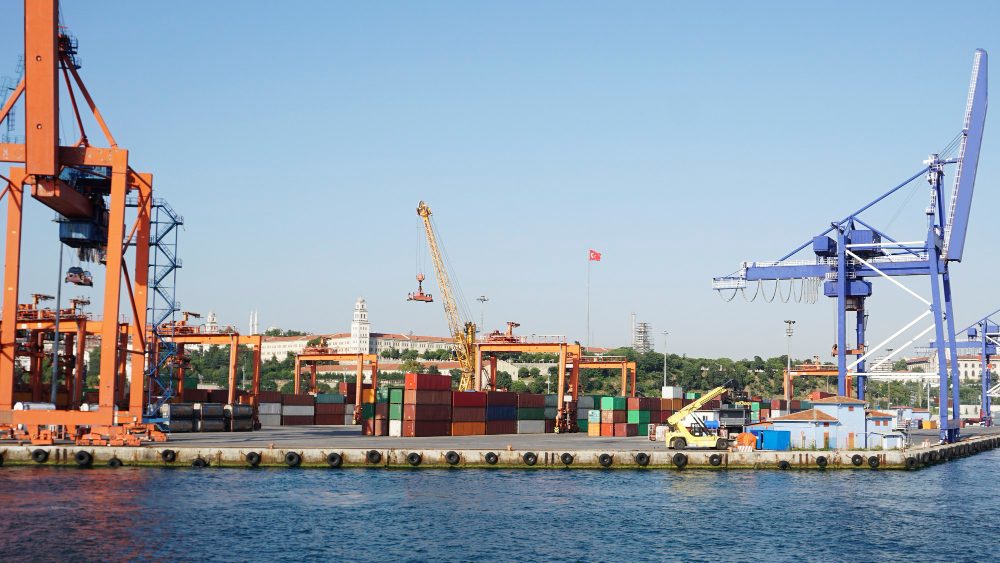SINGAPORE/AUSTRALIA: In a significant step towards reducing emissions in the maritime sector, Australia and Singapore have unveiled eight pioneering research projects that will share in a $16.9 million (AU$20 million) funding boost. According to the latest Singapore Business Review report, these projects are part of the Australia- Singapore Initiative on Low Emissions Technologies (ASLET), a key initiative aimed at transforming the shipping industry by reducing its carbon footprint and embracing green technology.
ASLET, which aligns with the broader goals of the Green and Digital Shipping Corridor (GDSC) between the two nations, seeks to support the decarbonisation and digitalisation of major shipping routes. By focusing on developing cutting-edge technologies for maritime and port operations, the initiative is paving the way for a more sustainable future for the global shipping industry.
Launched in July 2024, the initiative is a joint effort between Australia’s Commonwealth Scientific and Industrial Research Organisation (CSIRO) and Singapore’s Maritime and Port Authority (MPA). Its goal is to accelerate the adoption of zero or near-zero greenhouse gas (GHG) emission technologies, enabling cleaner, more efficient maritime operations.
Out of 32 applications submitted by universities, research institutes, and industry leaders across both countries, eight projects were chosen for funding. These selected projects span a wide range of innovative solutions, including the development of hydrogen, ammonia, and methanol supply chains, as well as advancements in electrification, environmental monitoring, and maritime safety.
With additional co-funding already secured, the projects are set to be completed within two years, contributing to a more sustainable and digitally advanced shipping sector. The funding and collaboration between Australia and Singapore signal a strong commitment to achieving ambitious emissions reduction targets and accelerating the global transition to a greener, more sustainable maritime industry.

